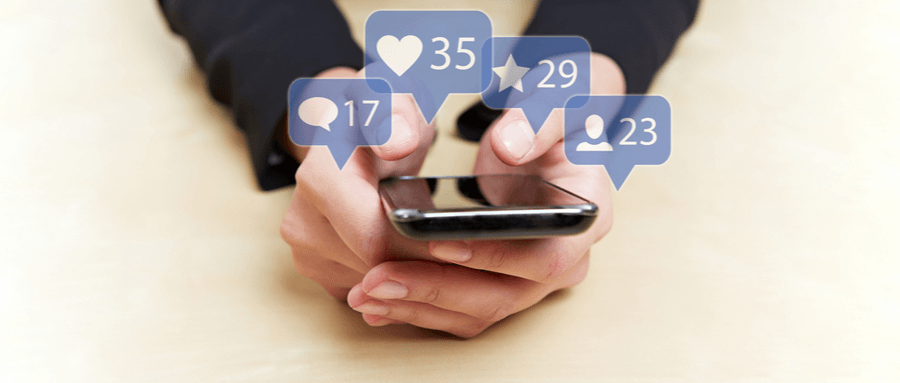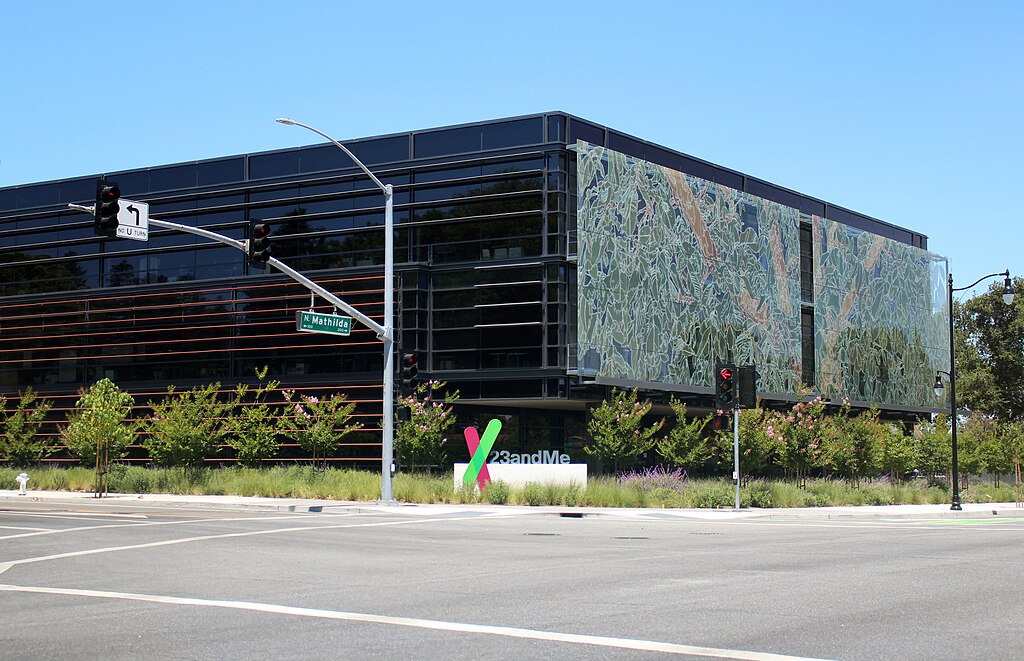How To Keep Your Personal Information Private When Using Social Media
Will Simonds
Reading time: 5 minutes

Table of Contents
There are likely millions of people who practice safe, common sense, shrewd personal security: We never use “password” for our password, we only use secure websites for purchases, and we don’t click on strange links. Perhaps we even take advantage of data broker opt-outs and remove personal information from Google.
Subsequently, we then log into our social media accounts and purposefully share information we’re incredibly careful about sharing in every other aspect of our lives. As rampant as identity theft, hacking, and online scamming has become, personal information security is more important than ever. And social media platforms are one of the richest sources of information for those hackers, thieves, and scammers. Thankfully, there are steps anyone can take to protect themselves and limit their information exposure. In this post, we’ll outline how to keep your personal information private when using social media.
Protect the Gates to Your Social Networks
A lot of this is ground that’s been covered fairly thoroughly before, but it bears repeating just to preclude complacency: Be careful with your passwords. Switch your passwords up every few months, don’t use personal information in them, but do include symbols, letters, numbers, and both lower and uppercase letters. Use varying passwords for different social media platforms, and always use passwords for your devices.
If someone was able to get access to your smartphone, would they also have access to your social media, email, or bank accounts? This speaks to why strong passwords—not “1234”—are essential for your devices. Additionally, be sure to delete any social media accounts you never use, and be very careful about accessing your social media or anything else with sensitive information on a free, unfamiliar, or possibly unsecure Wi-Fi connection. Hackers will often loiter around free Wi-Fi networks, particularly free popular ones at restaurants and coffee shops.
Remove Personal Information and Don’t Overshare
Removing social media network-adjacent information can be hugely helpful as well. Hackers use information gathered from several sources to steal an identity. Contracting with an organization that can demonstrate how to remove personal information from Google, or do it themselves, can prove crucial in securing your personal information. Refraining from oversharing on social media platforms is likewise a key piece of a security strategy. Rather than your exact address, just name the city. Consider if you really need to note your full birthday, including year, or if mentioning “late 20s” (or your appropriate age range) is sufficient. You should also avoid listing your phone number and should never share your social security number.
Additionally, reconsider the kinds of information that you give away in your social media posts. Information like your general schedule, class schedule, or mentioning your mother’s maiden name. Consider any password reminders you have set up and if the information you’re sharing online would answer those prompts.
And remember that this is the internet, which means removing information you share can be quite difficult, so it’s best to use precaution in the first place before anything gets spread far and wide. After all, teachers have been fired for posing with beer or wine in vacation pictures. So consider: Is a post something you’d want your boss to see? How about parents or coworkers? It’s not that you can’t share anything, but keep in mind that even if you delete something, it’s easy for people to take screenshots beforehand. Just consider posts carefully, in addition to your privacy settings.
Limit Friends, Limit Social Media Platforms, Limit Info
The point of social media platforms is connecting with and, yes, even making friends. However, the latter can be problematic. Think twice about adding anyone as a friend that you only know from the internet, particularly if you’ve only encountered them recently. And if you do add those you don’t know well, consider limiting their access to any of your personal information. In general, keep your privacy settings secure. Even on sites like LinkedIn, where including work and personal information is the point, only include your employment history and other pertinent info that’s truly useful for networking. There’s no reason to post anything that’s not strictly relevant to your career path. And again, if you’re not using a social media account you’ve set up, delete it, don’t let it just sit around for someone else to hack into. These steps will help keep your personal information private.
About DeleteMe
DeleteMe is an industry leader in ensuring data privacy and online security. From their base in Boston, DeleteMe has built their reputation in part by leveraging the expertise of their team of specialists and have succeeded in providing over 10 million consumer opt-outs. Their team has decades of collective experience in identity theft, privacy, and consumer security. They can aid in removal from Whitepages, other data broker sites, and Google, as well as payment security and other means to protects your personal and financial security.
Ensure that your personal information remains yours alone, at www.joindeleteme.com.
Our privacy advisors:
- Continuously find and remove your sensitive data online
- Stop companies from selling your data – all year long
- Have removed 35M+ records
of personal data from the web
Save 10% on any individual and
family privacy plan
with code: BLOG10
news?
Don’t have the time?
DeleteMe is our premium privacy service that removes you from more than 750 data brokers like Whitepages, Spokeo, BeenVerified, plus many more.
Save 10% on DeleteMe when you use the code BLOG10.

















